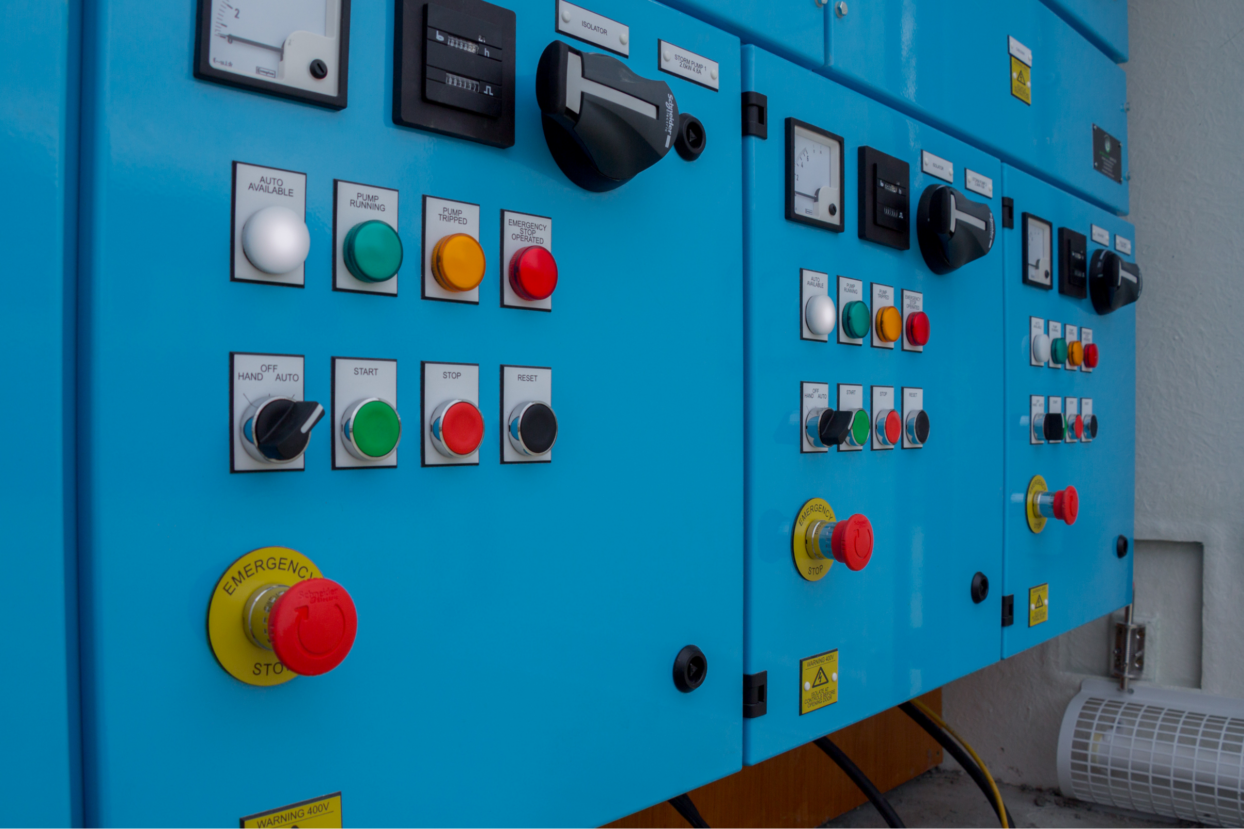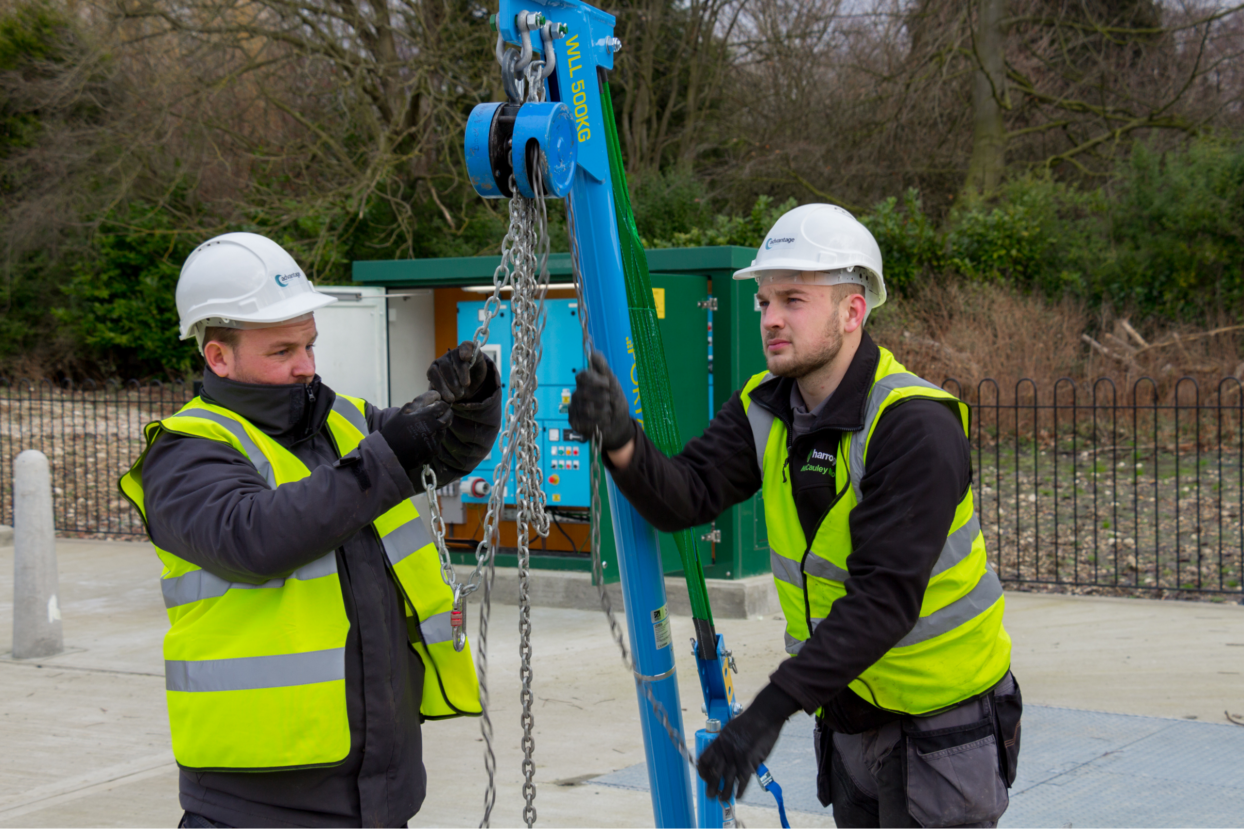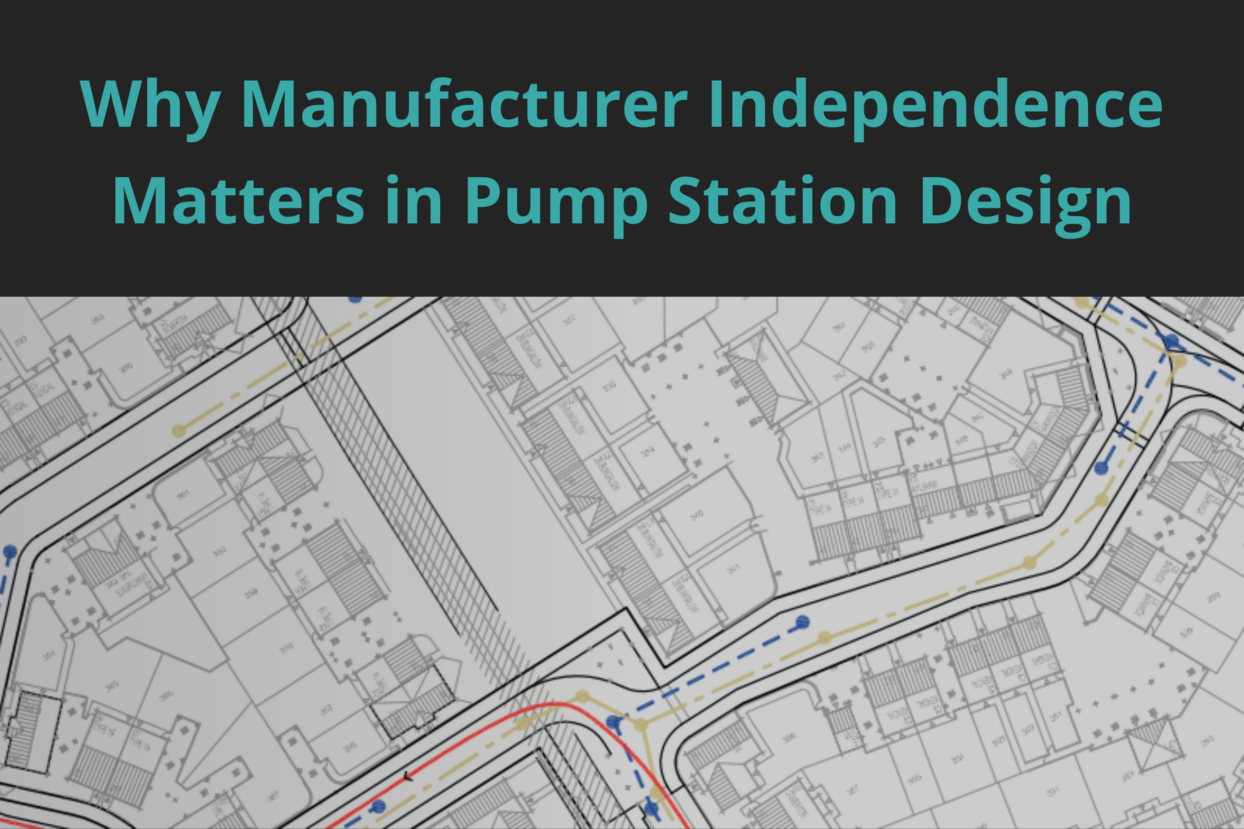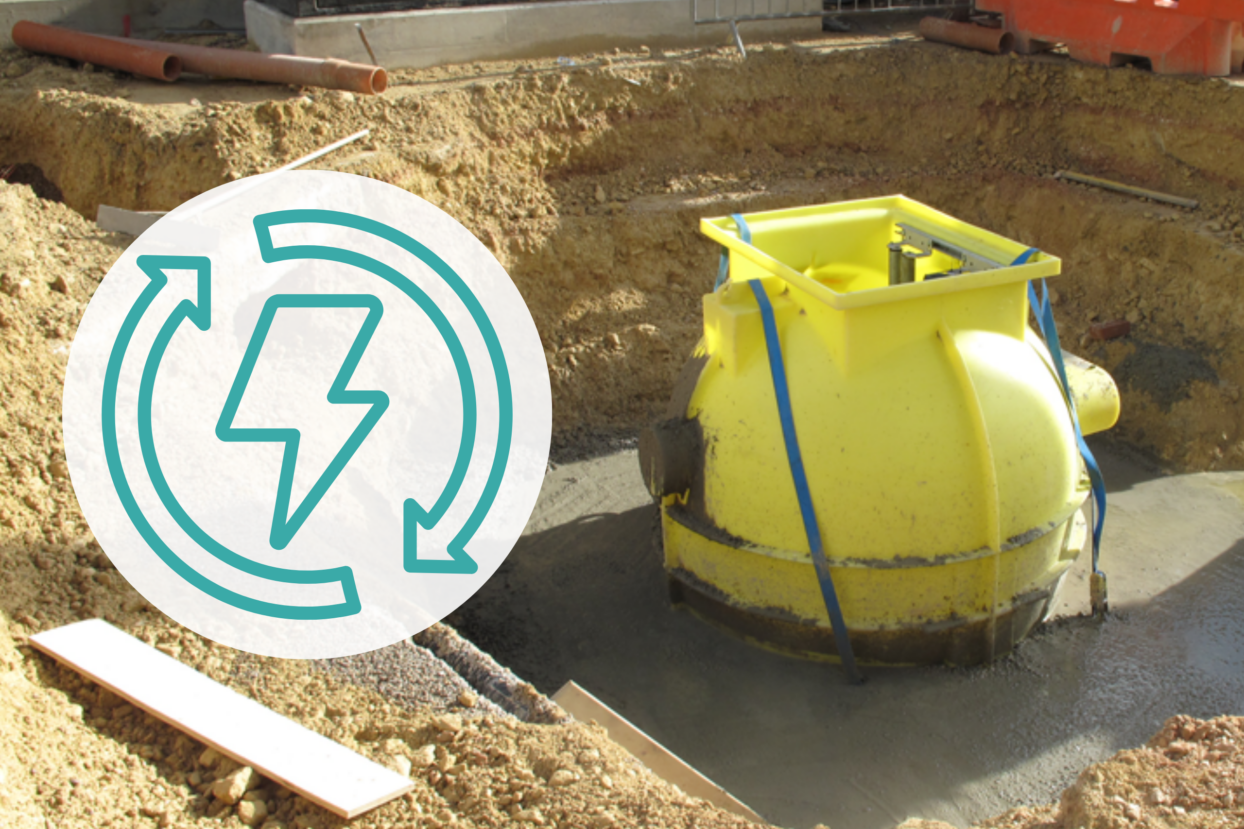Pump Products
The Business Case for Planned Pump Station Maintenance
For commercial developers and Tier 1 contractors, few systems are as mission-critical — or as easily overlooked — as the pump station. It’s out of sight, often underground, and expected to run quietly for years. But when things go wrong, they go wrong fast — bringing not just downtime, but reputational and financial consequences. That’s…
Read MoreInstallation Best Practices for Commercial Pump Stations
When it comes to delivering commercial infrastructure, few systems are as critical — or as often overlooked — as the pump station. A well-designed unit is only half the story: even the best specification can fail to perform if the installation isn’t managed correctly. At Advantage Pumping Solutions, we’ve seen how getting the details right…
Read MoreReducing Project Delays with Expert Pump Station Design
In any new housing development, time is money — and delays to drainage infrastructure can hold everything up. Late design approvals. Missed SFA/DCG specs. Redesigns. Installation headaches. At Advantage Pumping Solutions, we’ve seen it all — and we know how to stop it from happening. Here’s how expert pump station design keeps your project moving.…
Read MoreWhy Manufacturer Independence Matters in Pump Station Design
When it comes to delivering high-performing pumping stations, the best solution is rarely off-the-shelf. Every site has its own unique demands — from space constraints and flow requirements to installation access and ongoing maintenance. That’s why working with a manufacturer-independent provider like Advantage Pumping Solutions makes a critical difference. Here’s why independence equals better outcomes…
Read MoreHow to Ensure Your Pump Station Meets Sewers for Adoption Standards
For housebuilders and developers, adoptable pumping stations are mission-critical infrastructure. Getting them right isn’t just about technical performance—it’s about meeting stringent standards that ensure long-term operability, compliance, and ease of adoption by water authorities or NAVs. At the heart of this process are the Sewers for Adoption (SfA) standards and their successors: the Design and…
Read MoreWhy Energy Efficiency Matters in Package Pump Station Design
In commercial settings, pumping stations are often out of sight—but never out of mind. Whether managing wastewater for retail parks, business units, or hospitality premises, package pump stations play a critical role in site infrastructure. In a climate of rising energy prices, increased ESG scrutiny, and growing environmental targets, energy efficiency is no longer optional.…
Read MoreThe Role of Pump Stations in Sustainable Housing Developments
As the UK intensifies efforts to meet ambitious net-zero targets and address the pressing need for new housing, the integration of sustainable infrastructure becomes paramount. From water efficiency to energy use and long-term resilience, the design and operation of adoptable pump stations can directly impact a development’s environmental performance. At Advantage Pumping Solutions, we believe…
Read MoreWater Act 2025: Pump Station Compliance Explained
The Water Act 2025: What It Means for Pump Station Compliance Across Commercial and Residential Projects As the UK’s construction sector gears up to deliver faster, greener, and more resilient infrastructure, a new piece of legislation is changing the game: the Water Act 2025. Designed to strengthen environmental protection and improve accountability, the Act…
Read MoreThe True Cost of a Pump Station: Upfront vs. Lifetime Costs
For developers and contractors, pump station procurement is often treated as a line item—an upfront cost to be negotiated, minimised, and signed off as quickly as possible. But this short-term view can come at a significant long-term price. What appears cost-effective at the point of purchase may result in years of unplanned maintenance, adoption delays,…
Read MoreISO 9001 & Pump Station Quality: What It Means for Your Project
When it comes to drainage infrastructure, there’s no room for guesswork. For developers, contractors, and adopting authorities, every detail of a pumping station—from design through to commissioning—needs to perform exactly as intended. That’s where ISO 9001 comes in. At Advantage Pumping Solutions, ISO 9001 isn’t just a badge on the wall—it’s a framework that shapes…
Read MoreHow to Choose the Right Package Pump Station for Your Site
When it comes to selecting a package pump station, one size doesn’t fit all. Your site’s size, usage type, drainage needs, and long-term operational expectations all play a role in choosing the right system. Get it wrong, and you risk inefficiencies, higher running costs, and avoidable disruptions and maintenance costs. At Advantage Pumping Solutions, we…
Read More5 Common Pitfalls in Pump Station Adoption (And How to Avoid Them)
For housebuilders, ensuring that your pump station is adopted by a water authority or NAV should be a smooth, straightforward process—but all too often, it’s anything but. Missed technical details, unclear responsibilities, or misaligned specifications can cause unnecessary delays, spiralling costs, and project headaches. At Advantage Pumping Solutions, we help developers navigate this process every…
Read More











